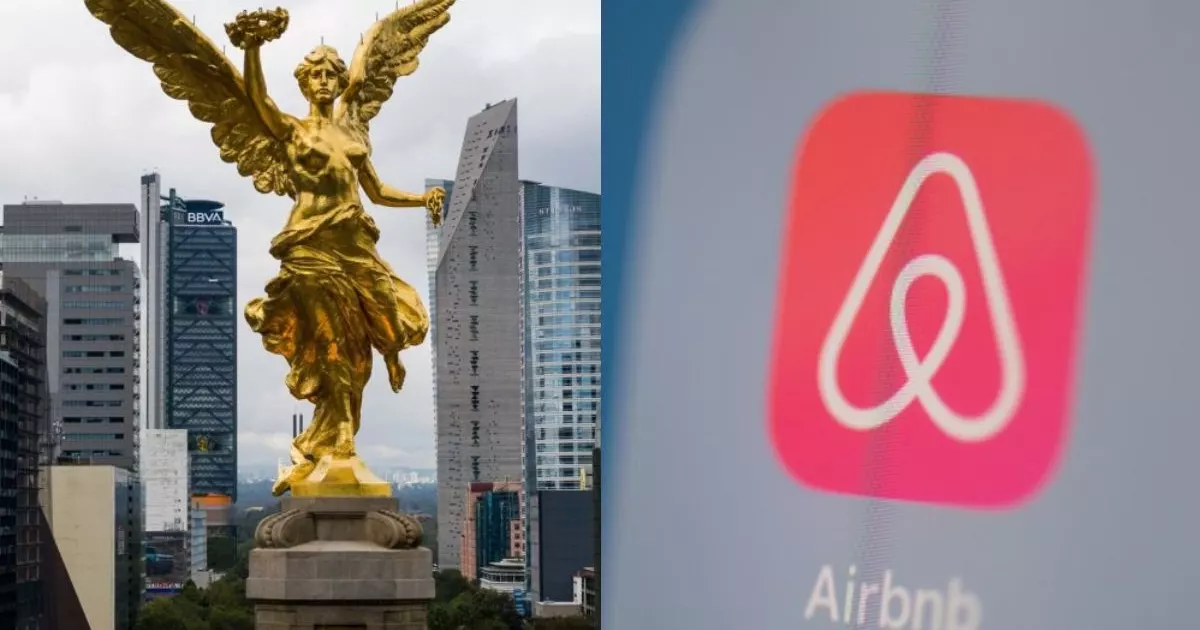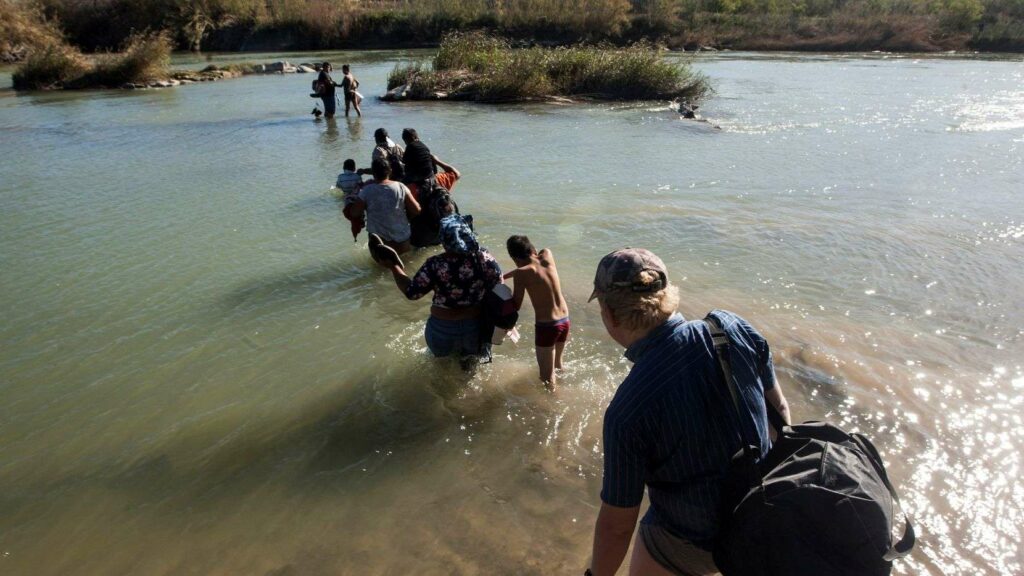Sheinbaum said that although the increase in tourism and the arrival of thousands of digital nomads in Mexico City impacts the local economy, it also gentrifies areas and raises costs, so he announced that they will also seek to approach the Federal Consumer Attorney ( Profeco) to analyze the prices.
“It is important in this process where the city is receiving many digital nomads, that the inhabitants of the city are not affected, we must maintain a balance, this type of business (hosting platforms) of international companies that are not regulated and it is important to start that process” he pointed out.
According to the capital’s government, only in 2021 remote workers left an economic spill of 9,300 million pesos, 15% of what was obtained in the city for tourism during that year.
After the controversy that was generated by the agreement that the capital government signed with the AirBnB platform where social organizations assured that it could cause a phenomenon of displacement of inhabitants of the original colonies, towns and neighborhoods, the capital’s president clarified that what they are looking for is that people from other demarcations benefit by offering tourist experiences.
“A farmer from San Gregorio Atlapulco in Xochimilco who benefits from a tourist who arrives at La Condesa and who recommends this activity on the digital platform, or goes and knows the place where mole is produced in Milpa Alta, but not to be expand the rental of apartments in other areas,” he said.
He recalled that for this, the agreement with AirBnB has the endorsement of UNESCO to extend the economic benefits of a certain area of the city to others that do not have an economic benefit for hosting foreigners.














